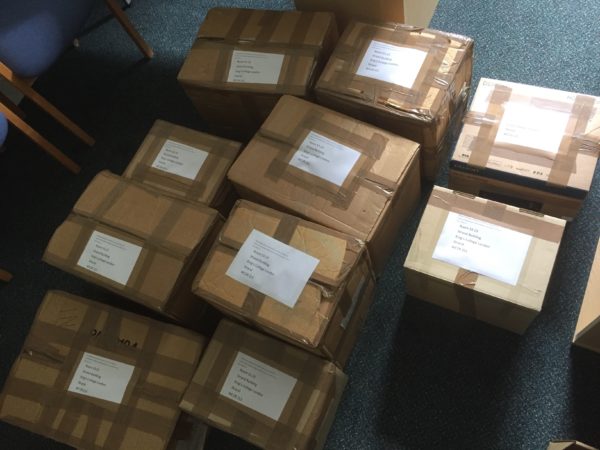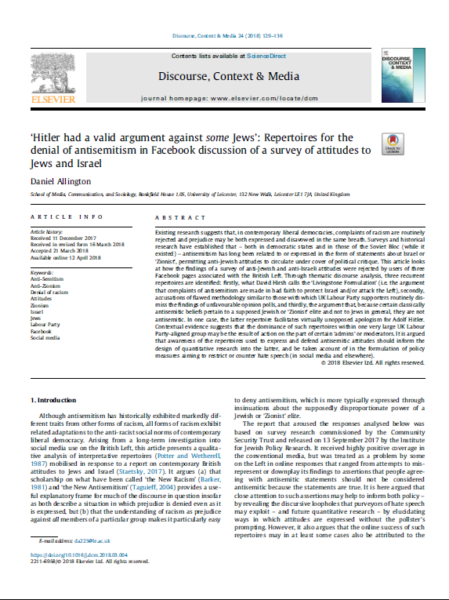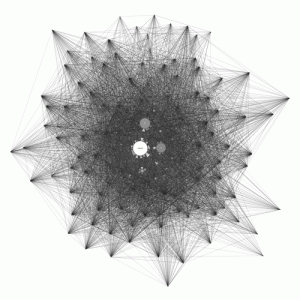So I haven’t updated my blog in over two years. Last time I posted, I was packing up my library. I unpacked it shortly afterwards in a lovely office overlooking the Strand. A few months later, I packed it up again and moved it to a different office – less lovely in a conventional sense, but much more to my taste – on a side street off the Strand. Then, just over six months ago, I had to start working from home thanks to Covid-19.
What a strange few months they have been! I’ve published quite a bit, and won a grant – more on which later, once I have time to start updating this blog regularly again. But in some ways – ways of the sort that I don’t discuss in public – the last year and a half have been such an extraordinary upheaval that – at least from my point of view – the last six months have seemed almost a continuation of the same run of extraordinariness and upheaval. Almost.
A new academic year is about to start. I’ve been recording video lectures, and I hope that my students have been watching them. And next week, it’s back to campus for the first time in an age, to teach my first face-to-face seminar since the lockdown: just one per week, masked and socially distanced, and with all the other seminars online.
So I’ll see my library again. But it’s people that I’ve missed.


